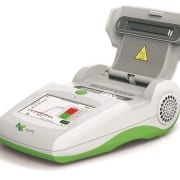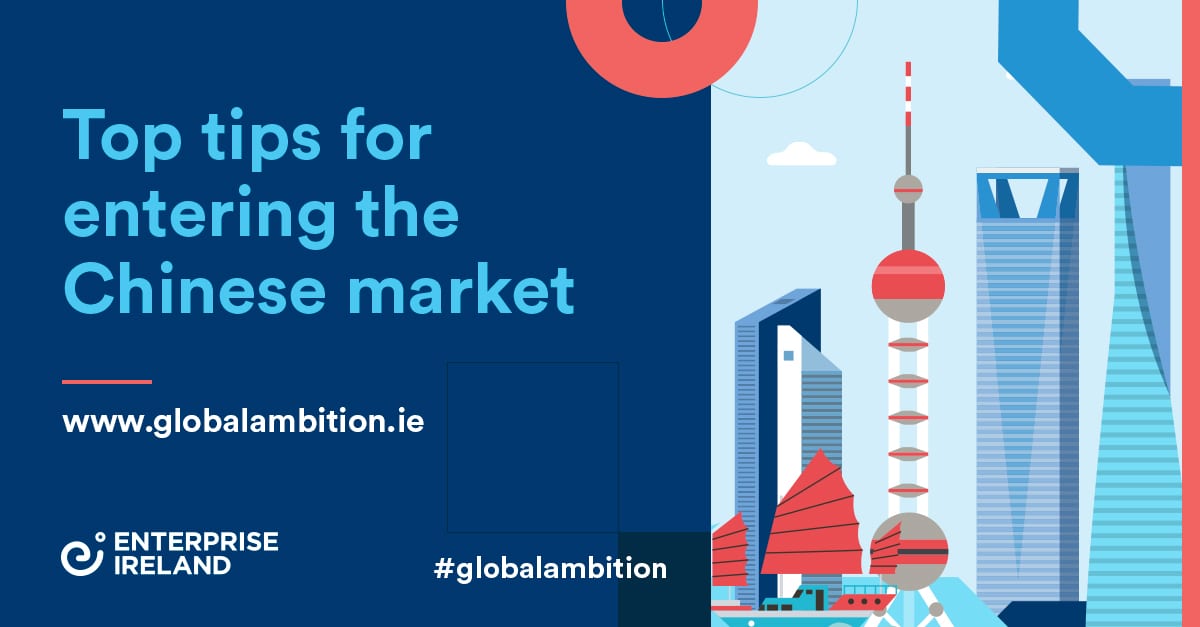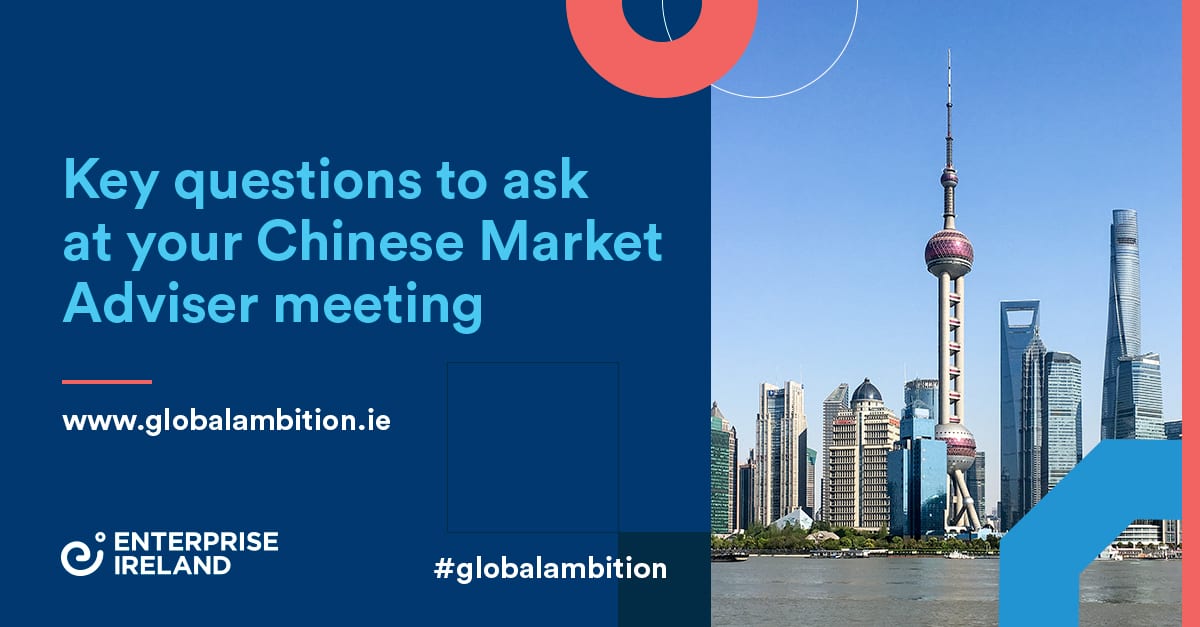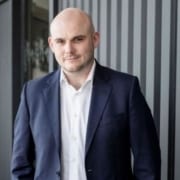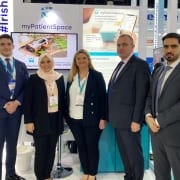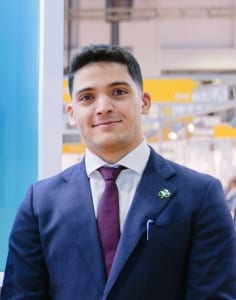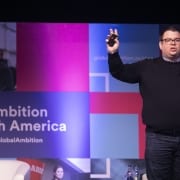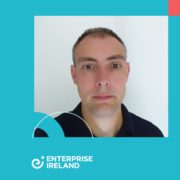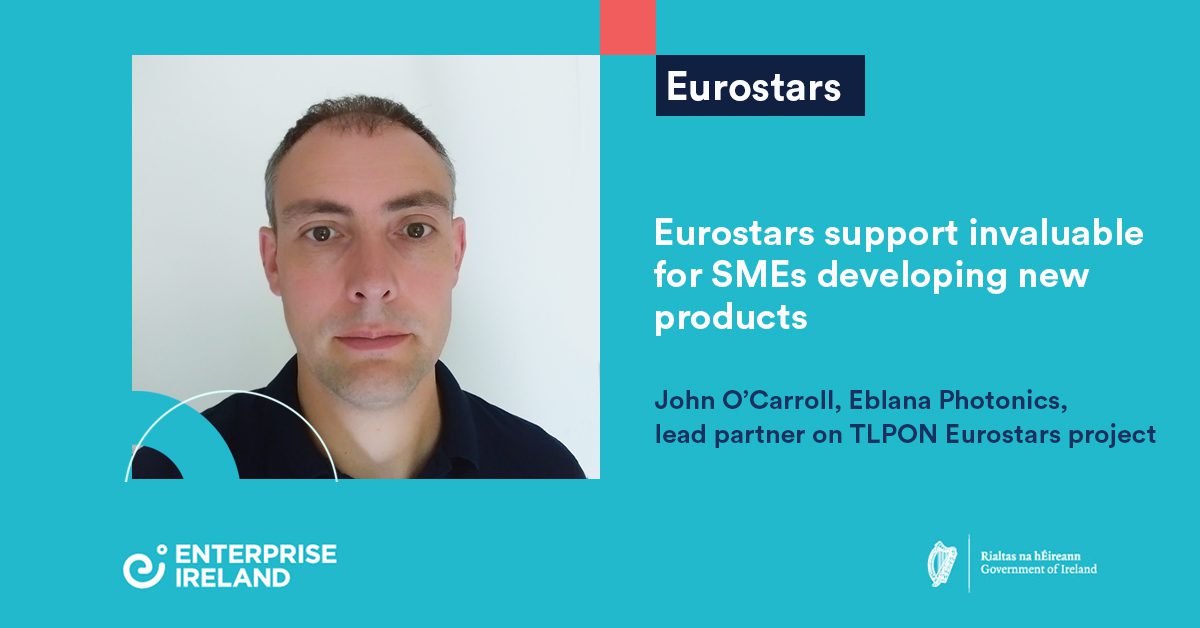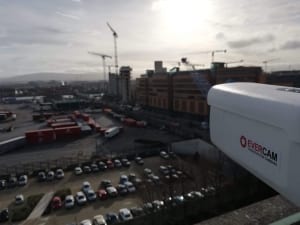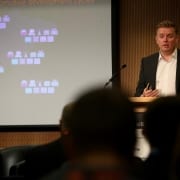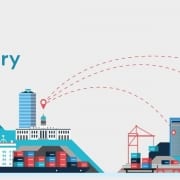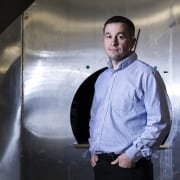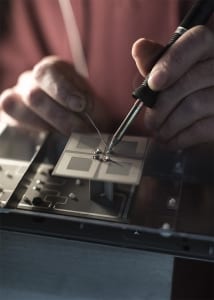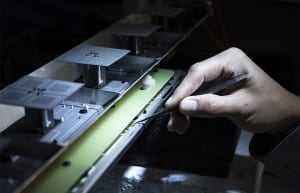Irish innovation working to combat Covid-19
Irish companies are taking up the fight against Covid-19. New developments rapidly emerging from Ireland, one of the leading medtech hubs in the world, are being used to help stem the advance of the virus.
New rapid Covid-19 diagnostic test
Dublin based HiberGene Diagnostics develops and manufactures molecular diagnostics tests for human infectious diseases. It specialises in the manufacture of rapid and highly accurate testing solutions that are cost effective and simple to use.
Now it is developing a new and rapid test for the novel coronavirus, which it hopes to bring to market shortly after clinical evaluation at potential sites in China, Italy & Ireland.
HiberGene’s tests are based on non-invasive human samples such as swabs, and minimal sample processing.
Because the test for the new coronavirus is a “near patient test”, samples will be taken and tested on location, without needing to be sent offsite to a laboratory, it expects to diagnose a positive COVID 19 result in approx. 20 minutes, many times faster than the fastest existing molecular diagnostic tests.
New Protein to fight Covid-19 through diagnosis, vaccines and research
Fellow Irish biotech company Aalto Bio Reagents has launched a new protein with the power to fight the Covid-19 on three fronts – diagnosis, vaccines and research.
Its new recombinant SARS-CoV-2 nucleocapsid protein (code CK 6404) is available for diagnostic test manufacturers, vaccine developers and researchers globally, all of whom are working to stem the current pandemic.
“Patients are currently being screened for the virus by PCR”, explained Philip Noone, CEO of Aalto Bio Reagents, “however there is an important need for serological tests as well to detect all those mild or even asymptomatic cases that may otherwise be missed. Sero-epidemiologic investigations, such as those aimed to better understand transmission characteristics and severity of COVID-19, are also essential.”
The medical field and diagnostic industry have an unrelenting requirement for access to scientifically proven raw materials in outbreak situations like this, where fast diagnosis is required, he said. “With our new SARS-CoV-2 nucleocapsid protein we endeavour to meet this urgent demand.”
Irish company Aerogen has pioneered new ways to help people in respiratory distress. To date more than nine million patients worldwide have benefited from its innovative aerosol drug delivery technology.
Unlike conventional nebulisers, Aerogen has an in-line circuit design, which means the ventilation circuit does not need to be broken for drug delivery. Its management team believes it could therefore be a viable option to help deliver industry-leading care to patients infected with Covid-19.
Its products offer a lower risk of transmission of patient generated infectious aerosol for health care professionals in acute care settings than traditional nebulisers.
For patients requiring ventilation, its vibrating mesh technology, and closed circuit design, makes it a viable option to help deliver industry-leading care. Recent UK government guidelines state that when treating respiratory patients a closed suctioning system must be used, and that ventilator circuits should not be broken unless necessary.
Unlike conventional nebulisers, the Aerogen Solo device has an in-line circuit design and is designed so that the medication reservoir is isolated from the breathing circuit, minimising nebulisation of contaminated fluids.
Air Purification System to Kill Airborne Viruses
Pioneering plasma technology developed by Irish company Novaerus is already being deployed to purify air for patients and medical staff.
Novaerus helps control the spread of pathogens by closing the infection control loop made up of hands, surfaces, and now air. It uses a patented technology that kills airborne viruses by sucking air from a room and passing it through patented plasma coils which destroy them, reducing the risk of cross-infection.
Several of its medical-grade, clean air solutions have been donated to hospitals in Wuhan, China.
These include its latest model, Defend 1050, a mobile solution designed for rapid remediation in large spaces and situations with a high risk of infection.
Coronaviruses spread via respiratory droplets produced when an infected person coughs or sneezes, similar to how influenza and other respiratory pathogens spread. “The most difficult disease transmission-route to guard against is airborne because we have very little to protect us when we breathe,” explained Dr Kevin Devlin, CEO at WellAir, the Irish parent company of Novaerus.
New Augmented Reality Hand Washing App
Leaders across the world have stressed that the primary tool we have at all our disposal in the fight against Covid-19 is the ability to wash our hands. Stemming the virus’ spread depends on how often, and how well, we do that.
If hand hygiene is done properly it can be over 90% effective in preventing the spread of harmful germs, yet a large number of people are unaware that they are not washing their hands correctly.
SureWash is an augmented reality hand washing app developed to provide proper hand hygiene training to healthcare workers, patients and visitors worldwide.
It ensures compliance in hand hygiene to World Health Organisation protocol by delivering training in an engaging manner that encourages participation. By providing real-time feedback, it helps users to improve their technique.
The software system also provides infection control personnel with the data necessary to monitor hand hygiene progress and to guarantee positive results.
In response to the Covid-19 pandemic it has launched its app to the general public, so that everyone can play their part.
New Covid-19 online portal allows GPs to treat patients remotely
Patient portal developer Wellola responded to a call from Ireland’s Health Services Executive (HSE), Ireland’s national health authority, to develop and launch a new secure communication portal for clinicians and primary care providers in response to the pandemic.
Called HSE Covid 19 Portal, it’s an easy to use digital tool designed to optimise doctor and patient safety. Patients access it via an app which is downloadable via the HSE Covid 19 website. The new online portal allows GPs and healthcare providers to treat people remotely so as to protect themselves from Covid-19. The portal allows GPs and primary-care providers to easily offer patients a range of services, including online bookings, a video consultation service, secure messaging and form completion to assist in triaging.
The Covid 19 app is based on existing technology already developed and tested by Wellola and so was ready to launch just four days after receiving the call from the HSE.
Finally, in the face of a worldwide shortage of life saving ventilators, an international initiative called the Open Ventilator Project quickly came together on Facebook to design and build a 3-D printed ventilator.
In Ireland the project was led by Colin Keogh of Sapien Innovation, a specialist in applied innovation, creativity and design thinking services. Within a week it had produced a prototype it hopes will be validated by Ireland’s health authorities for use in the fight against Covid-19.

